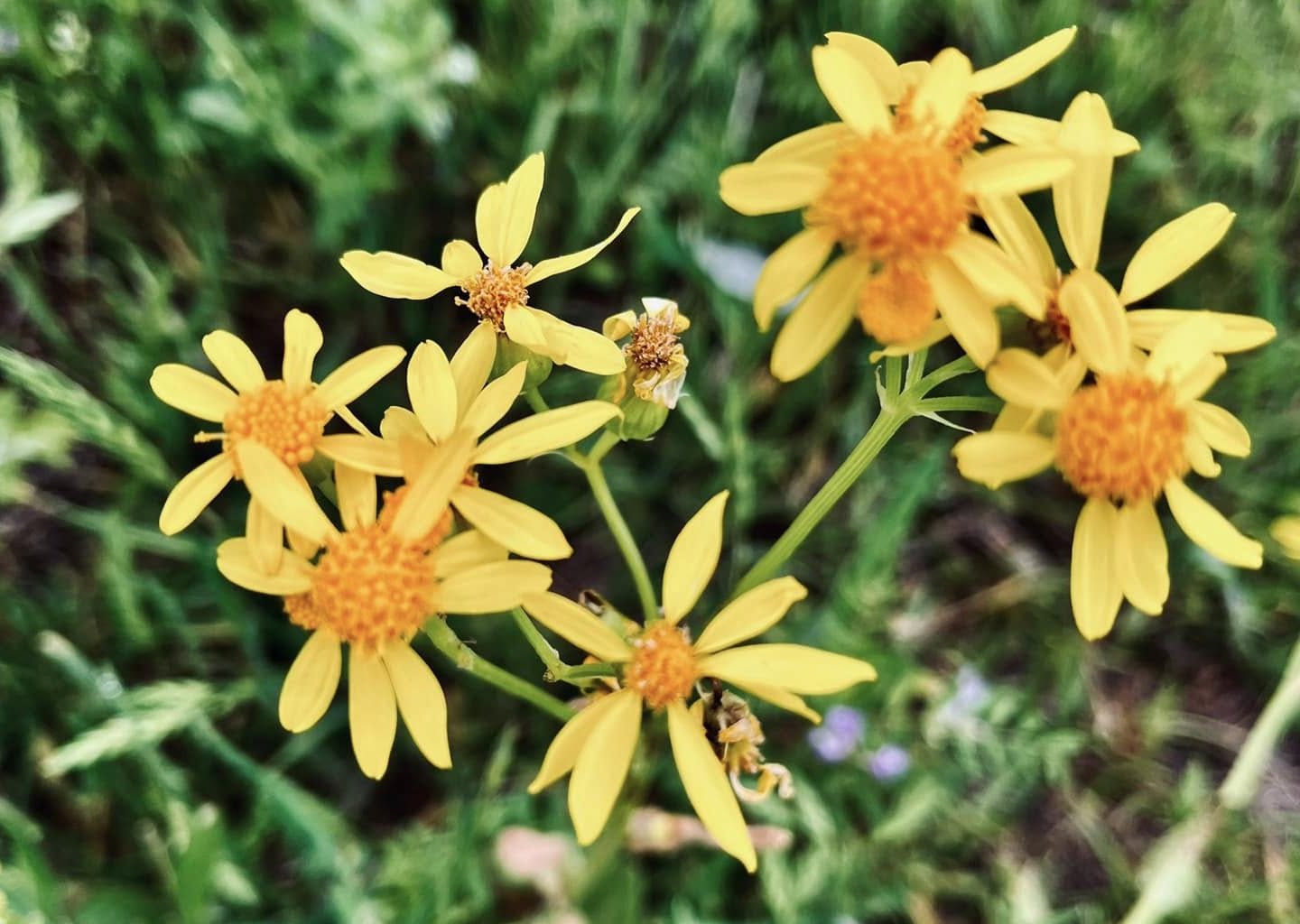
Hospice Austin’s Blog
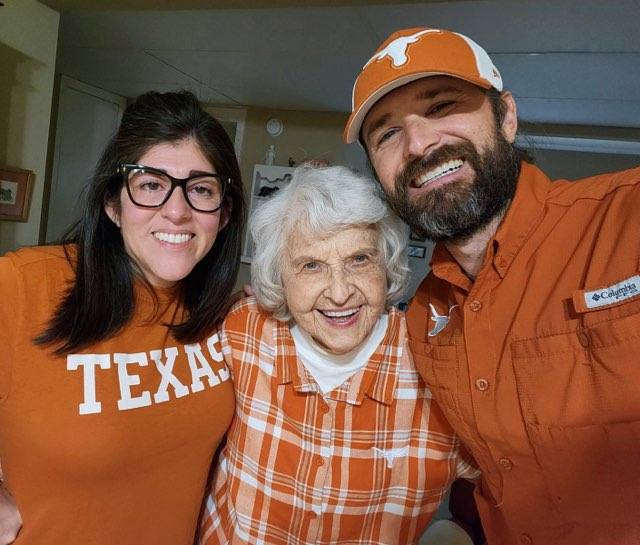
A Lifelong Love for Football and a Century of Gratitude: Grace Hollinger’s Inspiring Story
When it comes to passionate fans of the University of Texas (UT) football, you’d be hard-pressed to find anyone more devoted than Grace Hollinger. At 100 years old, Grace isn’t just a fan, she’s a true testament to the power of love for the game and its impact on her life. As her 101st birthday approaches on January 15th, Grace’s family believes UT football has been a cornerstone of her resilience and joy.
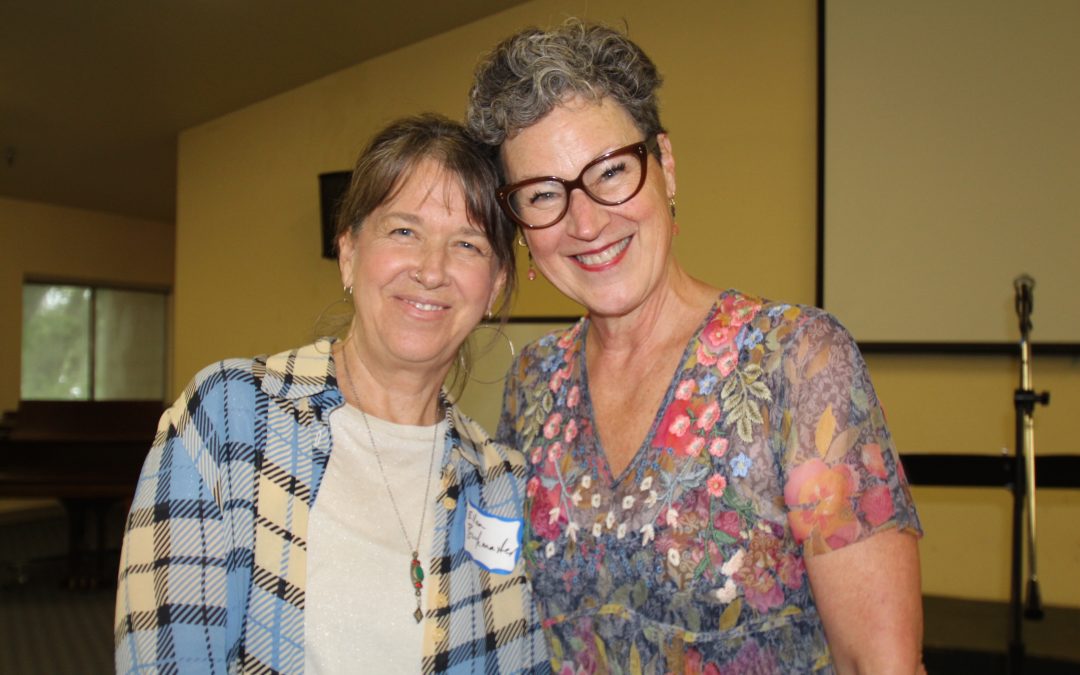
A Portal to Profound
When I tell people I’m a hospice volunteer, I almost always get something like, “Oh good for you. I could never do that,” as if my efforts are heroic or out of the ordinary. It’s an interesting and perhaps telling response, because I think we all tend to downplay our ability to show up and meet the sorrows in our world.
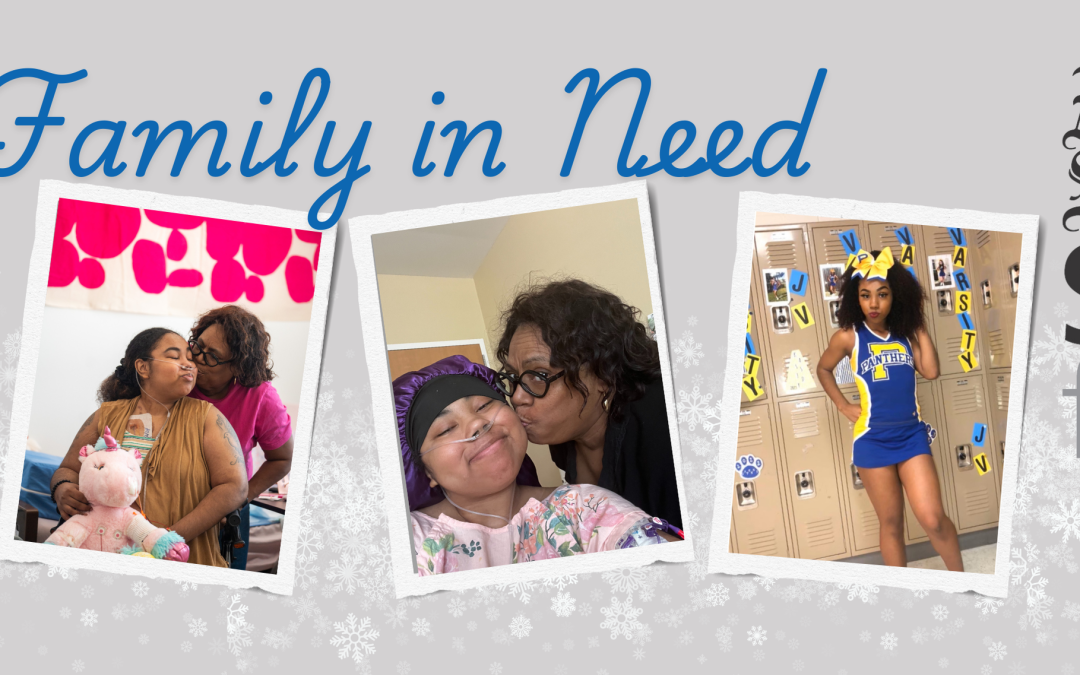
Season For Caring – Jazmin Campbell
Jazmin is featured in the Austin American-Statesman’s Season for Caring Program. Funds raised through this initiative will support Jazmin and other families served by Austin Palliative Care with essential needs like rent, utilities, and groceries. To learn more about...
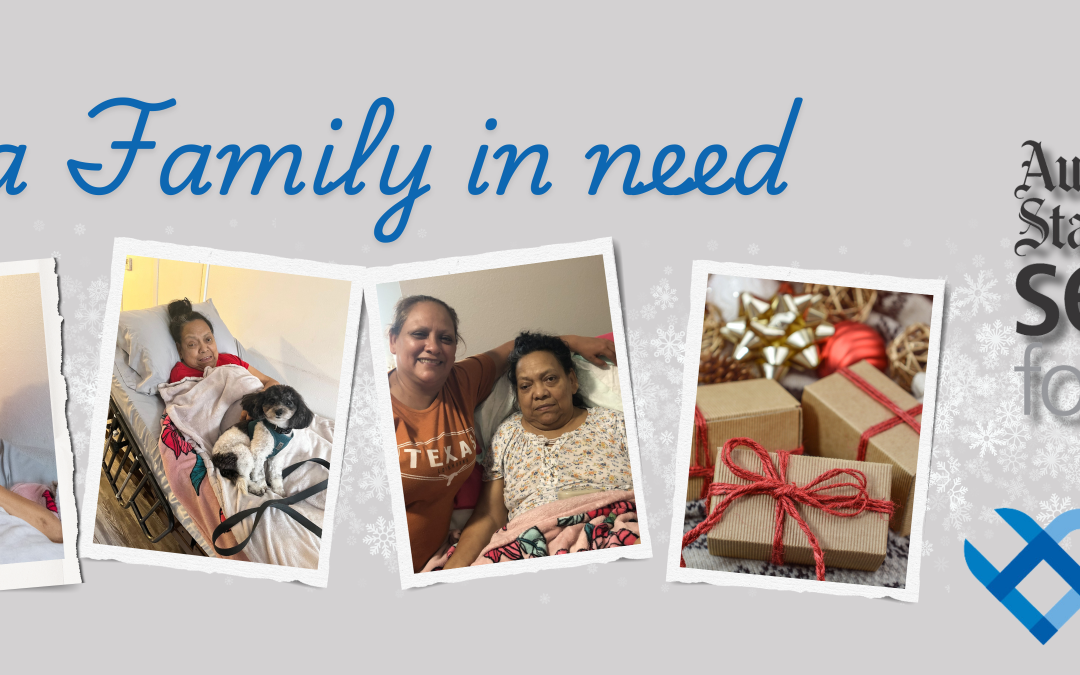
Season for Caring – Olga Aranda Guzman
Ana and Olga are featured in the Austin American-Statesman’s Season for Caring Program. Funds raised through this initiative will support them and other families served by Hospice Austin with essential needs like rent, utilities, and groceries. To learn more about...
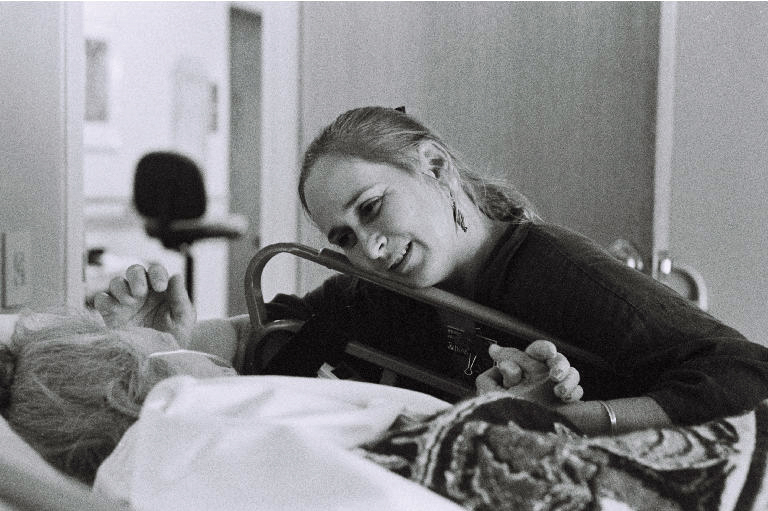
Patients Before Profit
I read recently that a private equity-backed hospice chain that formed in 2019 for $21 million is
seeking a buyer. This chain serves patients in Austin. Hospice care has become big business, and it’s commonplace for private equity firms looking for a quick profit to acquire and then sell hospice companies within a relatively short time period (3-5 years). In fact, the practice has become so frequent that the Centers for Medicare and Medicaid have prohibited the “flipping” of hospice licenses for three years after a purchase in Texas and three other states.
It made me wonder about the commitment of these companies to the patients and families under their care.
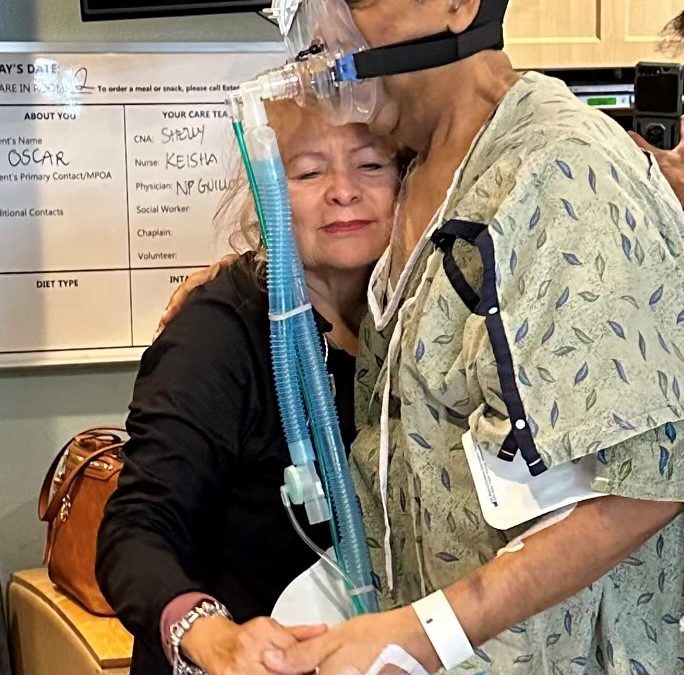
The Sweetest Dance
When he arrived at Christopher House, I asked for the name of their favorite song to dance to, and it was Gary Hobb, Las Miradas. Once in the room, I gathered all the family outside of the room, in the room and around the bed to witness Oscar dance the last time with his sweet wife. I helped stand the patient up and he said to me, “You are granting me my final wish and I thank you.”
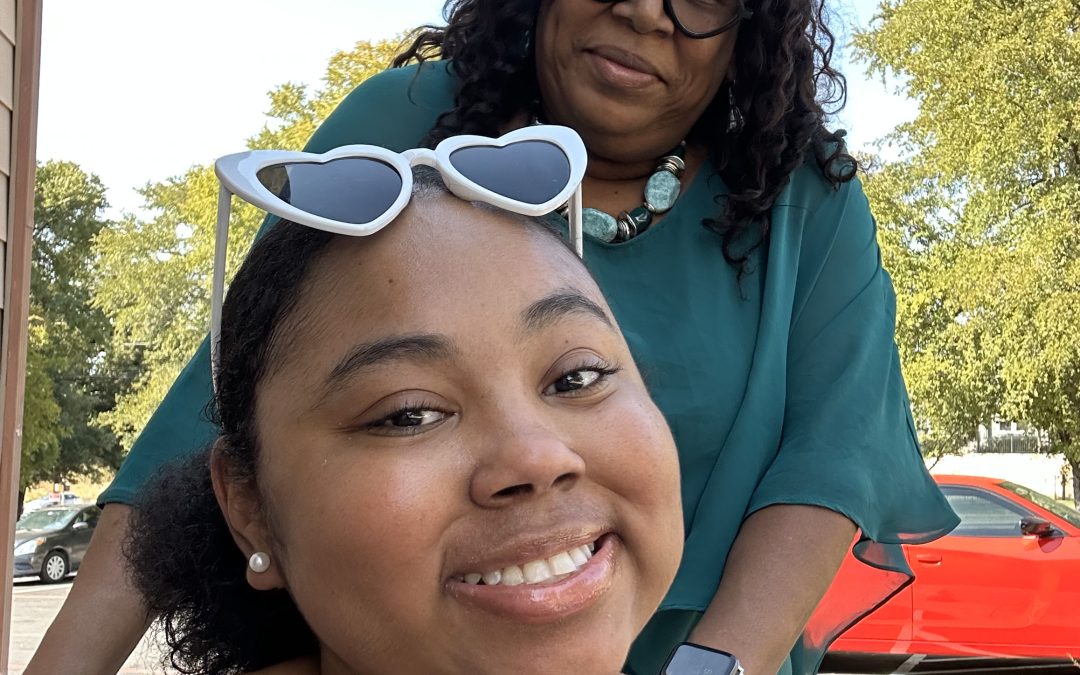
Overcoming Barriers to Care
When it comes to her medical care, Jazmin Campbell, 21, has a long history of not being believed. She was given a variety of diagnoses as different symptoms cropped up, but no one could get a handle on what was wrong. Because her symptoms fluctuate, she encountered skepticism over the years from clinicians. It didn’t help that she was young, female, and a person of color.
“I look normal, but I wasn’t normal,” Jazmin said. “They thought I was faking and could do more than I could. Sometimes I could walk and sometimes I couldn’t – it’s done that all my life.”
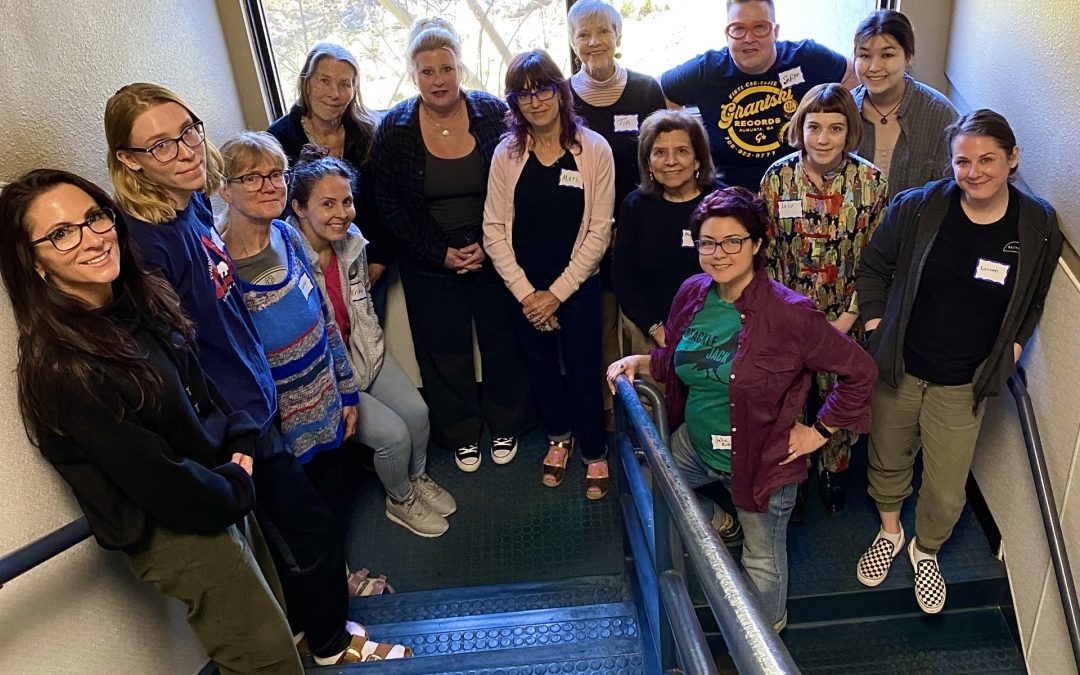
A Tribute to Our Volunteers
Hospice Austin volunteers bring companionship to our patients and their loved ones. They visit and read with patients, write letters, listen to music, play cards or games, take walks, assist the patient and family with projects, and give the caregiver time to get away for short periods. They make a profound difference in a family’s life as a compassionate and calm presence who understand what they’re going through. Our volunteers are a treasured part of the Hospice Austin team. In honor of National Volunteer Month, we asked our volunteers recently why they do this kind of work. Here are their responses.
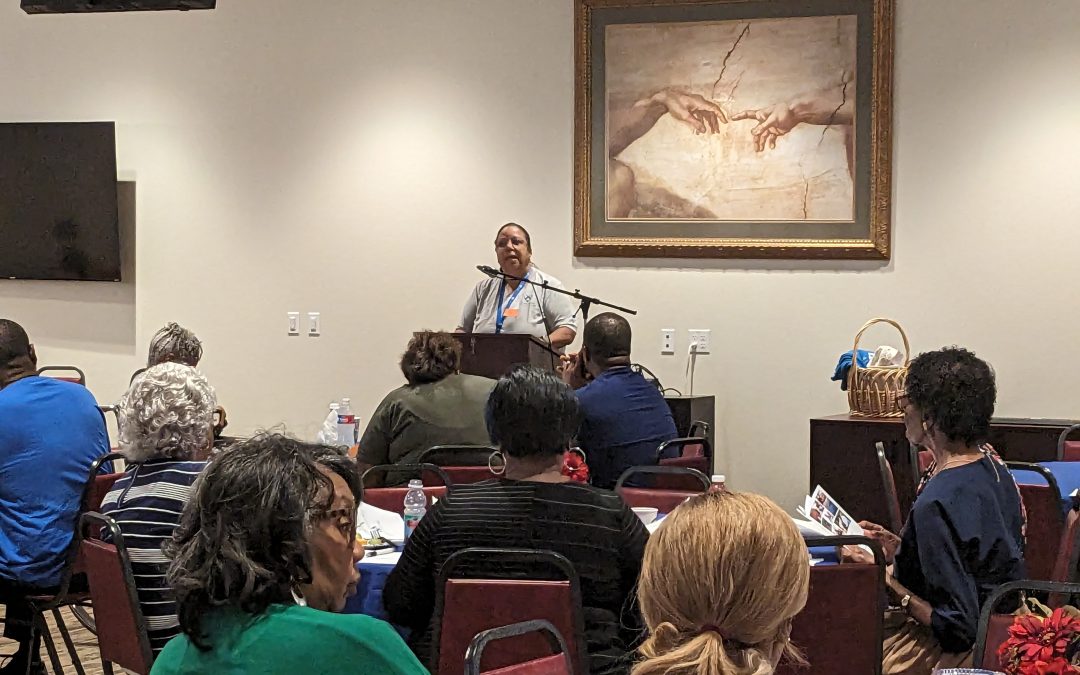
Thank you, St. David’s Foundation!
St. David’s Foundation, one of the largest health foundations in the country, approved $75.9 million in grant investments back into the Central Texas community in 2023. These grants reflect the Foundation’s commitment to advancing health equity in Central Texas through investment and action. St. David’s Foundation awarded $827,149 to Hospice Austin, which includes $538,691 in support of our Hospice Access for All Program for patients with little or no insurance, $280,020 for the GIFT Project (Giving Instructions for Tomorrow) an initiative to educate the community about advance care planning, and $8,438 to support funding for a feasibility study for Hospice Austin’s Christopher House.
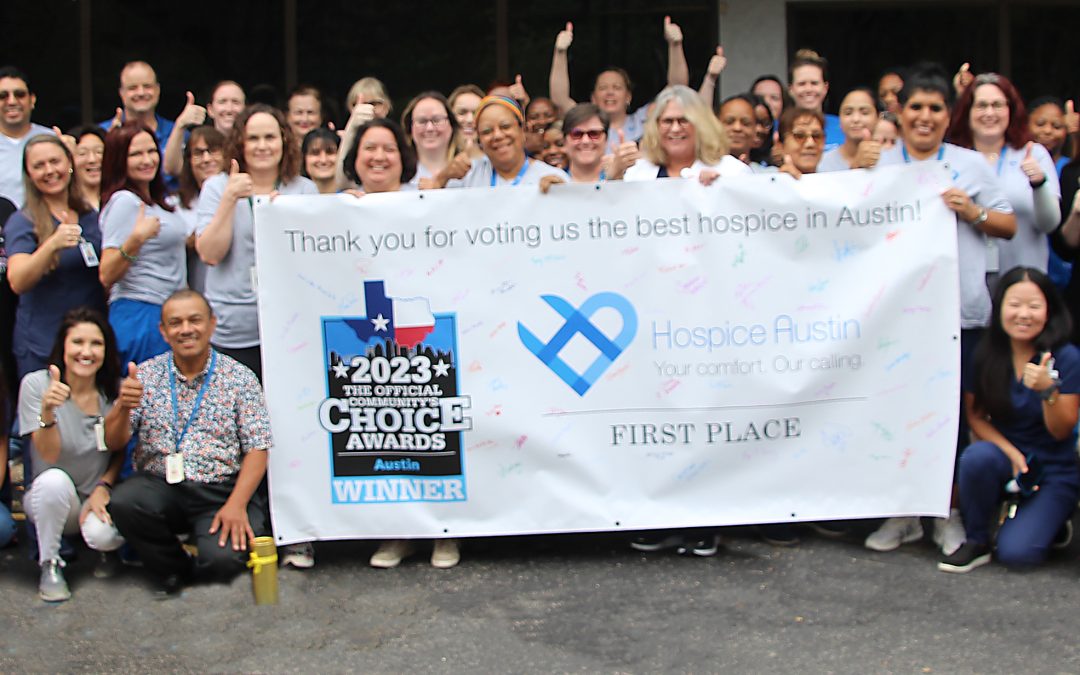
A Look at 2023
As we look to the year ahead, I want to thank you all for your support in the year just past. In 2023, Hospice Austin cared for over 2,000 of your neighbors in Bastrop, Caldwell, Hays, Travis, and Williamson counties, which resulted in 123,000 days of care. Your support enabled us to provide more than $1.8 million in uncompensated care to patients with little or no insurance.





